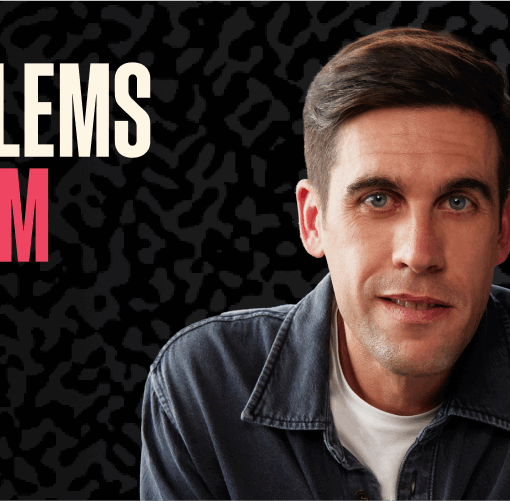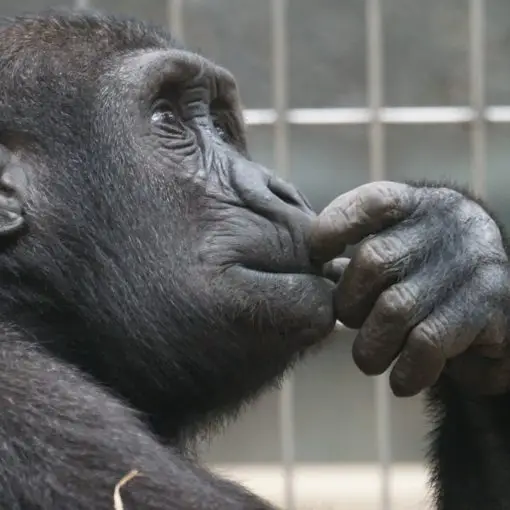Introduction
Have you ever wondered how critical thinking can help in terms of conflict resolution? Critical thinking is a powerful tool, but does it play a role when people are butting heads?
Whether at home or in the office, critical thinking has an enormous amount of power to reduce conflict, improve clarity, and focus on the problem, rather than the emotions surrounding the problem. Critical thinking helps everybody involved to evaluate the arguments, rationalize, explore the facts, and come up with optimum solutions.
We are going to use this article to look at how conflict resolution can be improved by applying critical thinking methods. Managers everywhere can benefit from exploring this technique – so let’s learn more about it.
How Does Critical Thinking Help With Conflict Resolution?
Conflicts are an inevitable part of life. At times, people are bound to disagree, because we are all individuals and we approach problems in different ways. What seems like a great idea to one person may seem like a really bad idea to another.
Recognizing this puts you in a powerful position, because it helps you to see that conflicts must be managed – not avoided. Most of us would rather steer clear of conflict and not approach it head-on, but if you are prepared to handle conflicts the right way, you’ll find they are far less problematic.
Critical thinking helps with conflict resolution in several significant ways, which we will explore below.
- It Focuses On Facts
Critical thinking is grounded heavily in facts. People who have learned how to think critically always start by looking for data. What supports or undermines an argument? What figures help guide your decisions? What stats are important to consider?
By doing this, you remove some of the biggest problems in conflict: politics and emotions. You never want business decisions to be guided by politics, and you don’t want emotions and egos getting in the way of making the right choices.
Instead, it’s important to soundly evaluate the facts, and use these to guide the path forward. Critical thinking allows you to do that, and removes the other noise that might cloud the decision-making process.
2. It Highlights Problems
Whenever conflict arises, it can be very tempting to look for blame in other people, rather than focusing on the actual problem. For example, if a contract has been sent late, there is a temptation for employees to blame each other. Instead, critical thinking will help you to assess the problem and look for concrete solutions.
The solution might be to send an apology to the client and then implement processes that ensure future contracts aren’t late. This approach avoids the focus on blame, and instead explores what the problem is so that it can be resolved.
3. It Increases Objectivity
It is hard to be objective when something goes wrong. Often, subjectivity gets in the way of finding good solutions. You need to take an approach that involves stepping back and looking at the issues the way that an outsider would look at them, without emotions or preconceptions.
Critical thinking demands that you look at alternative perspectives, rather than just focusing on your own. This inevitably makes you better at solving problems, because it encourages you to consider multiple solutions. With more solutions available, you’re more likely to reach the optimum one, and implement it effectively.
It can be very difficult to achieve objectivity when conflicts arise, but critical thinking will help you to do so. It encourages you to step away from the problem so you are no longer a part of it – and then you can instead be a part of the solution. When you are mired deeply in all the problems and not thinking critically, it’s impossible to be objective.
4.It Improves The Evaluation Of Arguments
When you can get everybody on the team to assess arguments without ego and emotions, you are much more likely to get a high-quality assessment. Everybody can offer their opinions without their personal agenda getting in the way, and this will maximize the evaluation process.
With good critical thinking, people are encouraged to empathize with the other arguments, and to consider them as fully as if they had put them forward themselves. This is the best way to properly assess, weigh, and consider solutions, because it maximizes the amount of thought that goes into them.
5. It Highlights The Importance Of Finding A Resolution
It’s so easy to get caught up in an argument, you can end up going in circles without realizing it. If everyone is focused on the wrong things, a problem often ends up self-perpetuating, because nobody is managing to pinpoint ways to fix it. Everyone is too busy looking for somebody to blame, or refusing to consider the solutions with equal weight.
Conflict resolution tackles this because it places all the focus on that resolution – and everybody works toward finding it. It doesn’t matter who did what. Everybody becomes aware that if they don’t find a solution, the problem will continue, and they therefore work harder to come up with answers.
What’s more, people are less likely to argue with the resolution if everybody can see why that solution was chosen, without the emotional drivers. You will find that your team is better at accepting decisions they don’t agree with, because they will be able to understand the reasoning behind them.
You’re also less likely to run into issues of resentment, or accusations of favoritism. Everybody will understand that the ultimate goal is finding the best solution and implementing it, rather than doing what the most popular person in the office said simply because they are popular. This environment is great for improving collaboration and trust within a team.
Conclusion
Critical thinking is one of the best ways to resolve conflicts, and it’s a tool that managers and employees everywhere should be looking to use. It does require some practice to master it, but it’s invaluable when it comes to solving issues and pinpointing the best way forward.
References
https://smallbusiness.chron.com/relationship-between-critical-thinking-conflict-resolution-13843.html
https://www.linkedin.com/pulse/critical-thinking-conflict-resolution-damien-coughlan
https://www.google.co.uk/url?sa=t&rct=j&q=&esrc=s&source=web&cd=&ved=2ahUKEwij6Zuiw9b8AhUOTcAKHczFDykQFnoECAoQAw&url=https%3A%2F%2Fwww.kwelangatraining.co.za%2Fwordpress%2Fwp-content%2Fuploads%2Fpdf%2FHow-Critical-Thinking-Helps-in-Effective-Conflict-Resolution.pdf&usg=AOvVaw0Vt5bR5SXqc6PbwNc9GgXi
https://www.trainingfolks.com/blog/bid/253343/critical-thinking-and-conflict-resolution-for-managers





